The 30th United Nations Climate Change Conference (COP30) wrapped up on November 17th in Belém, Brazil, after two weeks of negotiations involving more than 55,000 participants and 194 nations. The summit brought together world leaders, scientists, activists, and vulnerable countries, including Belize, to address climate finance, deforestation, and adaptation amid intensifying global climate threats.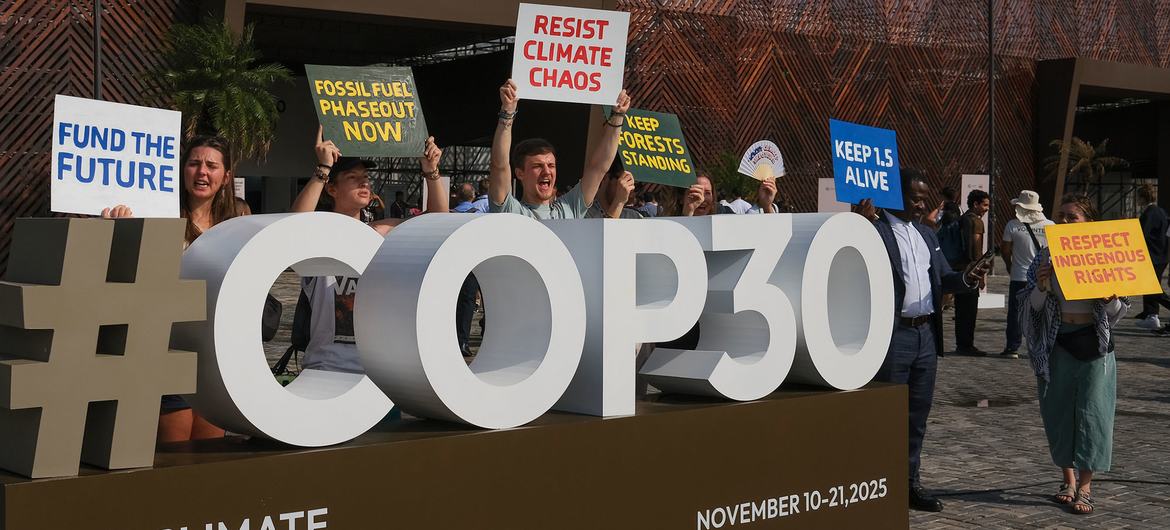
Despite high expectations, COP30 delivered mixed outcomes. Delegates struggled to reach binding commitments on phasing out fossil fuels, with major oil-producing nations blocking efforts to adopt a clear roadmap. Calls to triple adaptation finance by 2035 were widely supported. Still, the timeline to reach US$120 billion annually for vulnerable nations was delayed, raising concerns about whether the funding will be sufficient or arrive in time.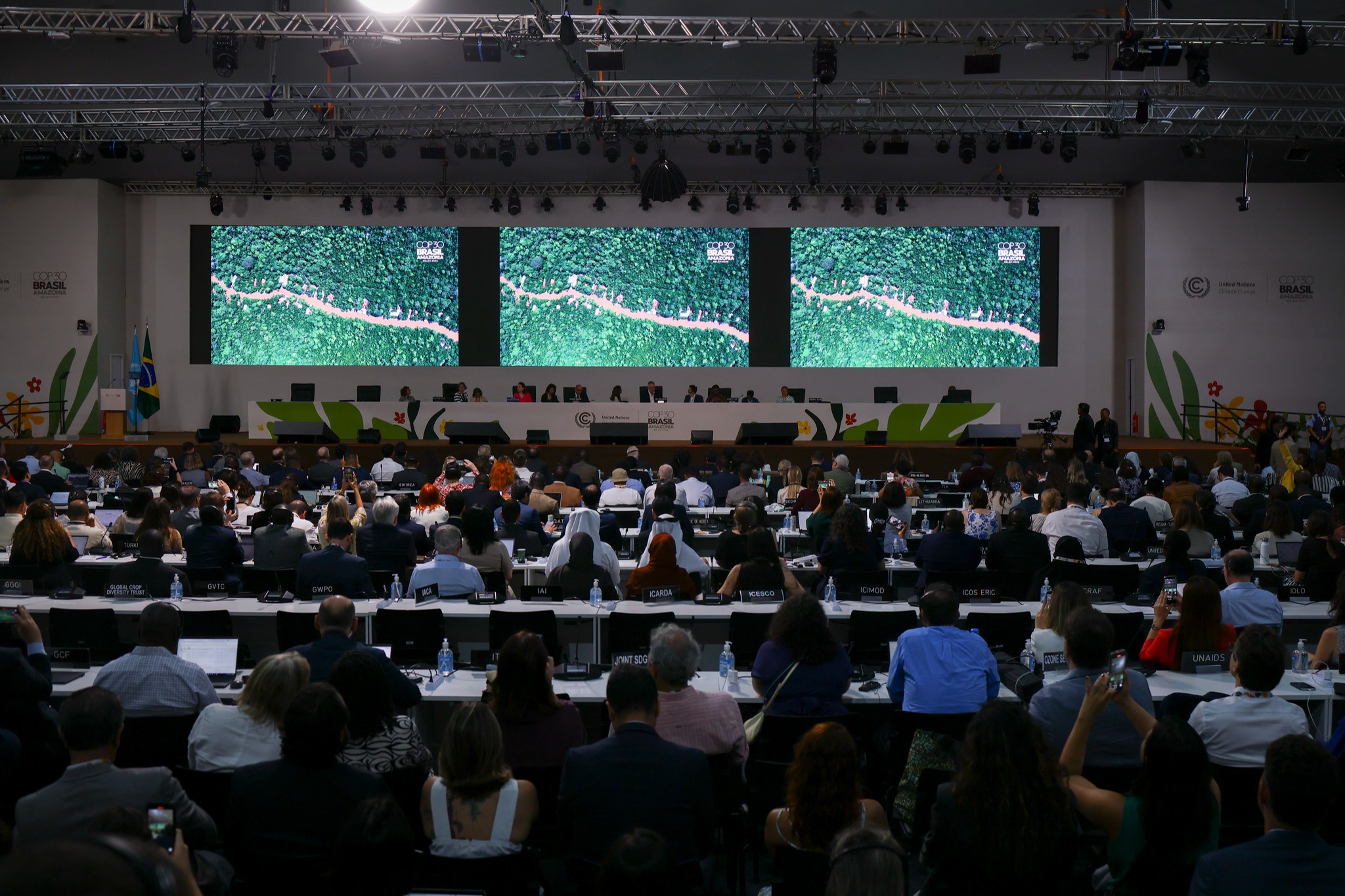
Belize played an active role in the negotiations, highlighting its leadership in climate transparency, forest-based solutions, and community-based resilience strategies. Working alongside regional partners, including Guyana, the Belize delegation emphasized the importance of empowering local communities and protecting forests as core elements of climate resilience. Leading up to COP30, Belize conducted extensive negotiation training to strengthen its advocacy for Small Island Developing States (SIDS) and least developed countries.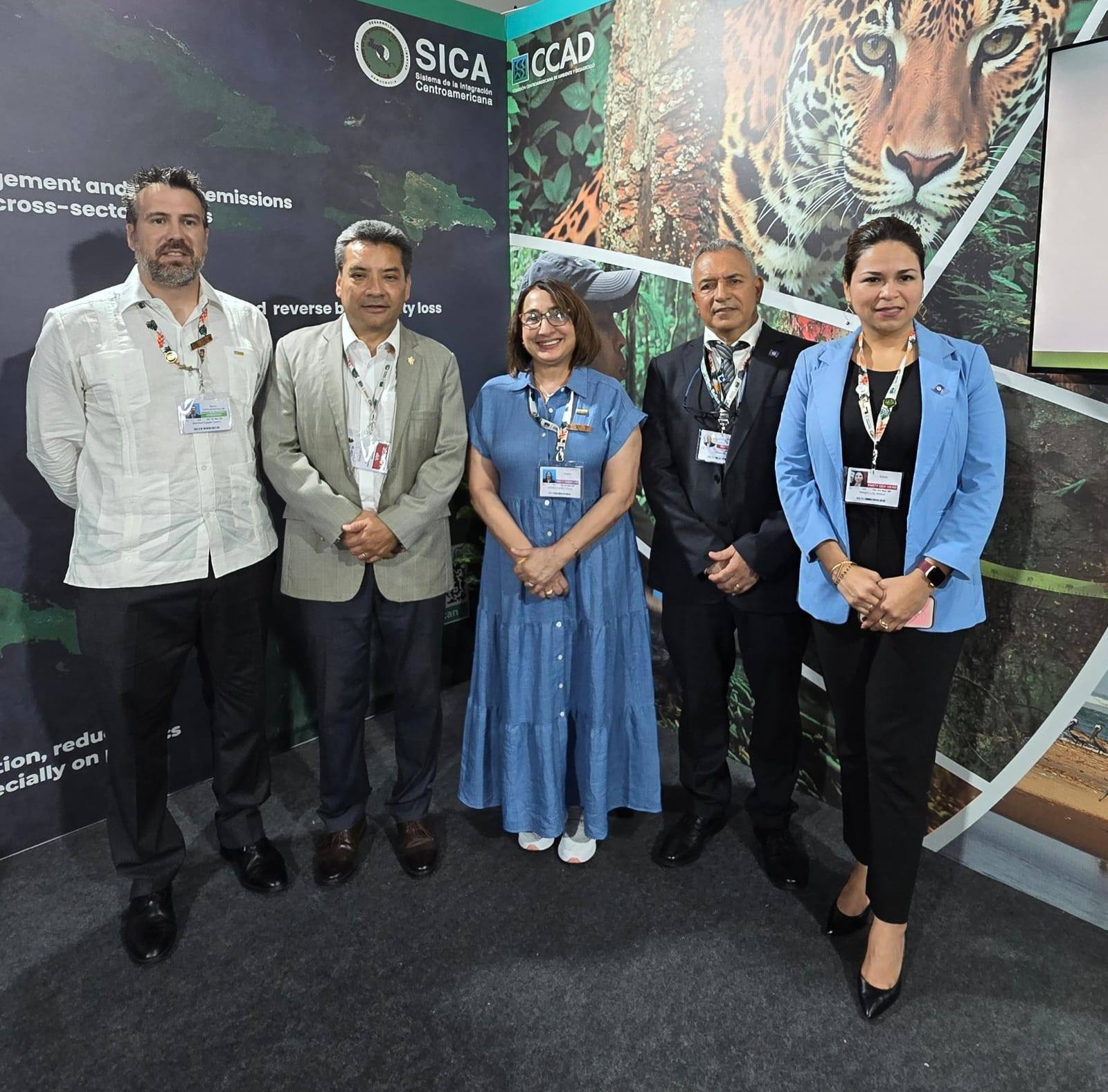
Belize’s Minister of Sustainable Development, Climate Change, and Solid Waste Management, Orlando Habet, underscored the country’s commitment, stating, “Belize remains committed to advancing climate transparency and fostering community-led resilience that not only protects our environment but uplifts our people.” Climate experts attending the conference echoed this sentiment, noting Belize’s approach to linking forest conservation with social and economic development as a model for other vulnerable nations.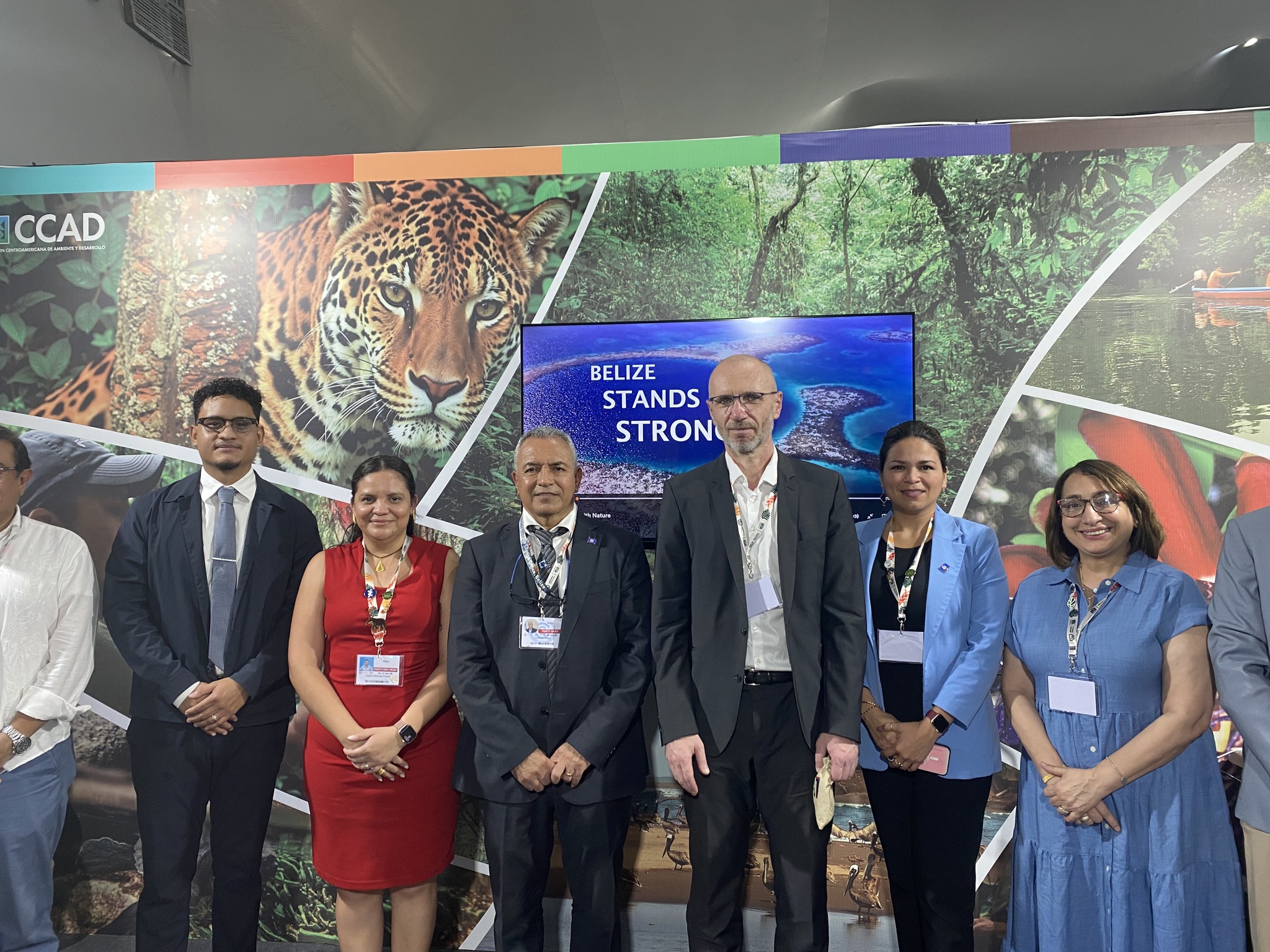
This year’s summit came amid urgent scientific warnings about rising temperatures and accelerating climate impacts, particularly on ecosystems and communities least equipped to cope. The outcomes of COP30 underline the challenges ahead, especially as delayed financing targets and the absence of firm emission reduction commitments continue to hinder global progress.
Belize and other climate-vulnerable countries are expected to continue pressing for stronger mechanisms to address loss and damage, accelerate adaptation support, and drive sustainable development.
The next global meeting, COP31, set for Antalya, Turkey, in 2026, will be a key test of whether these calls for action translate into concrete commitments on the world stage.
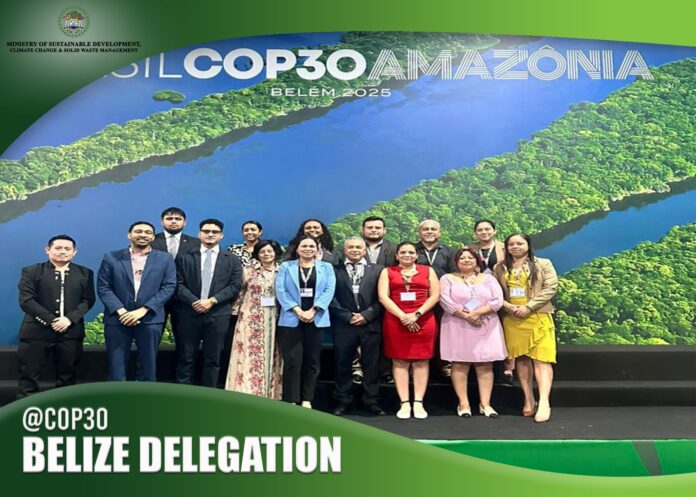
Share
Read more

